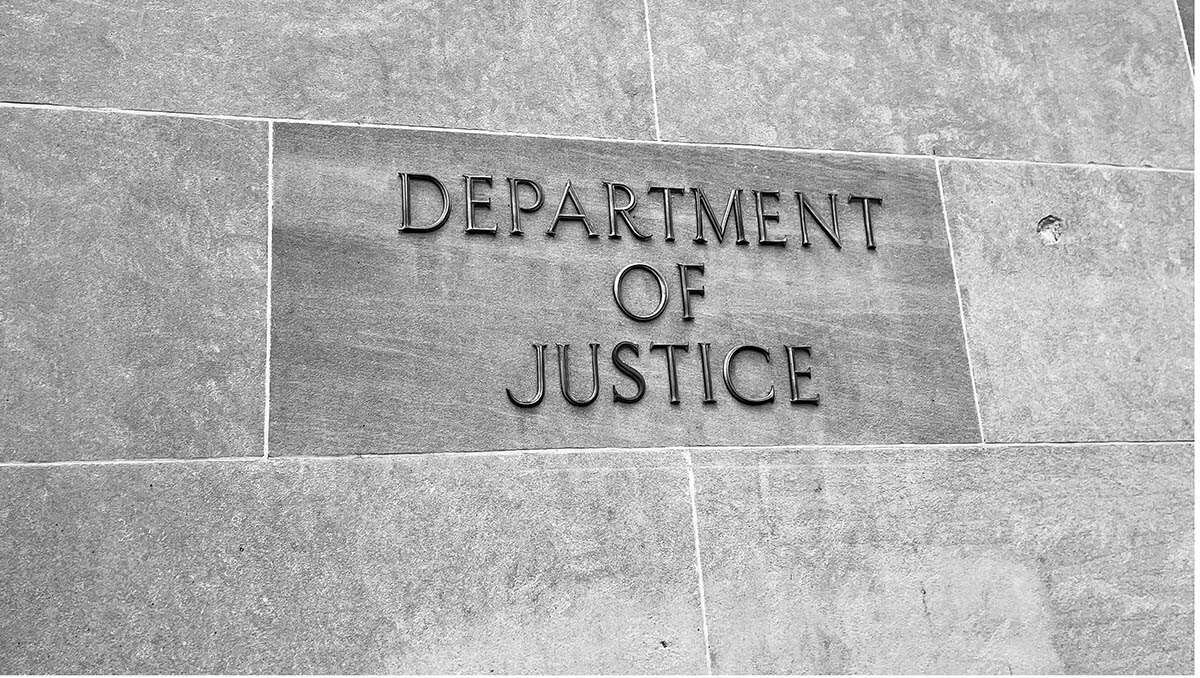UPDATE: The Corporate Transparency Act May Still Apply to You
On March 1, a district court judge ruled that the Corporate Transparency Act (CTA) is unconstitutional. However, his decision applied only to the...
May 31, 2017 — Recently, the Financial Accounting Standards Board issued an update that will significantly change the way in which lessees and lessors account for leases. The change, which takes effect in 2020, will require businesses to recognize lease assets and liabilities on the balance sheet and to disclose key information about leasing arrangements.
However, for the time being, your manufacturing business will still face the quandary over whether to buy or lease manufacturing equipment.
The best place to start is with a calculator to crunch the numbers both ways, as a lease and purchase. Visit Equipment Buy vs. Lease Calculator for a quick and useful resource.
Pros
Cons
Pros
Cons
Primary considerations under either method should include the value of tax deductions. When buying, estimate the resale value at various points in time. But also consider the revenue generated by the equipment, its useful shelf life or longevity and the overall cost of use. Knowing how long you intend to use the equipment is a critical factor as well.
When leasing, it may be possible to negotiate a purchase option if you intend for long-term use of the equipment. Under this scenario, a portion of your lease payment could be credited toward the purchase price.

On March 1, a district court judge ruled that the Corporate Transparency Act (CTA) is unconstitutional. However, his decision applied only to the...

Bookkeeping is strategically important for every business because financials form the foundation for daily operations and future planning....

In a decision issued March 1, 2024, U.S. District Court Judge Liles Burke ruled that the Corporate Transparency Act (CTA) is unconstitutional....